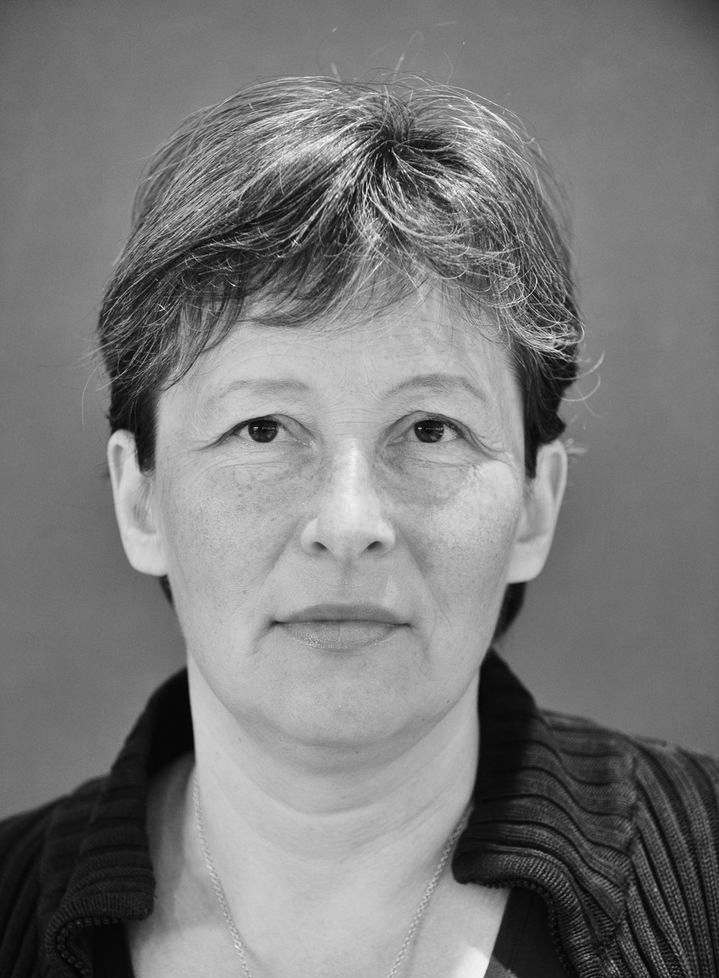One of the focuses of Finland’s government programme is introducing a culture of experimentation. As a result, piloting and field experimentation have become a new form of societal knowledge production. Pilots, field trials and experiments are expected to offer innovative methods for solving our society’s problems by distributing the work of finding and testing products and services throughout society.
Small-scale testing in practical conditions is aimed at finding out what works where and when – and what doesn’t work. However, pilots and experiments also develop new competence in throughout society. As a new technology or operating method spreads in society, more and more people need the appropriate competence in order for the system to work. Traditional R&D activities focus on developing new technology, but pilots and experiments make it possible to deal with the opportunities and problems of deployment in different user conditions.
Participants in pilots and experiments also develop their own competence and are empowered as pioneers of new products and services. New solutions generally require a network of new experts, such as service providers, skilled users and flexible officials. Experiments reveal the kind of competence that society will need more of in the future as new technologies and solutions become more widespread.
We need experimentation in many areas. One of these is the global energy transition, which emphasises energy efficiency and decentralised, renewable energy. In the future, buildings and transport are even more closely integrated with the energy system, as buildings both use and produce energy, demand needs to be adapted to intermittent production and energy is stored in buildings and car batteries. The importance of building automation and technology will increase, but even the best systems can only function when people have the skills and desire to install and use them.
Thus, local experiments are an essential part of the deployment of new technology, thus making it more cost-effective. For example, the pan-European legislation required for nearly zero-energy construction wouldn’t be possible if passive houses hadn’t been tested and experiences collected since the 1980s. The recent German energy transition is often seen as the result of favourable feed-in tariffs. Less attention is paid to the fact that the country had a pilot programme involving 1,000 roofs in the early 1990s and a programme covering 100,000 roofs at the end of the same decade. These programmes developed technical, business and user competence and empowered the entire country. The accumulation of practical experiences also laid the groundwork for legitimating policies that were favourable to solar energy.
The previous examples also illustrate how slow the process of learning from local experiments is when it occurs naturally, from the bottom up. It may take decades before new knowledge and competences spread through personal networks, gradually become established as standards and functional markets and affect societal decisions.
The new Finnish culture of experimentation can speed up this development if the experimentation is not just ‘buzz for the sake of buzz’ and we learn from the trials – also the ones that didn’t turn out as expected – and share what is learned. Finland needs a more strategic and interactive approach to guiding the use of experiments. We have to find a good dialogue between decentralised and centralised learning. We also have to find a good balance between critical assessment and empowering and inspiring the people who participate in experiments.
